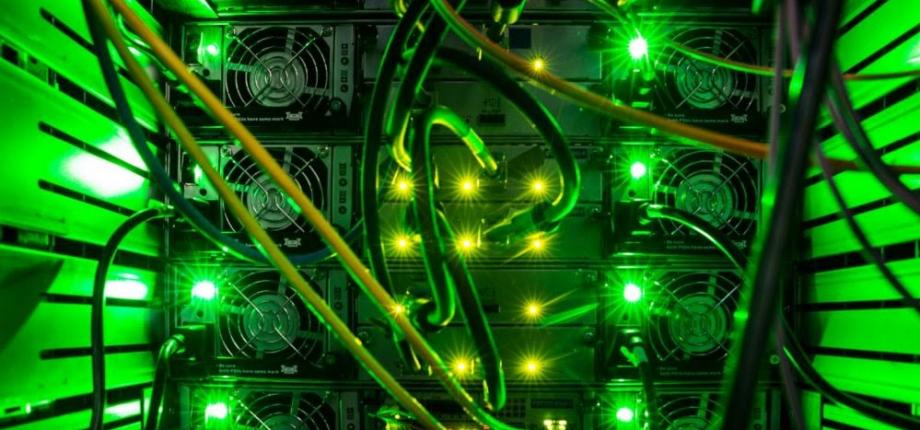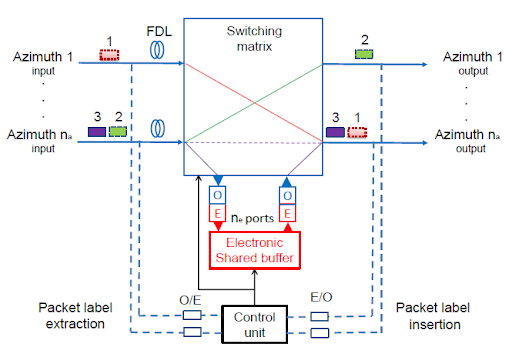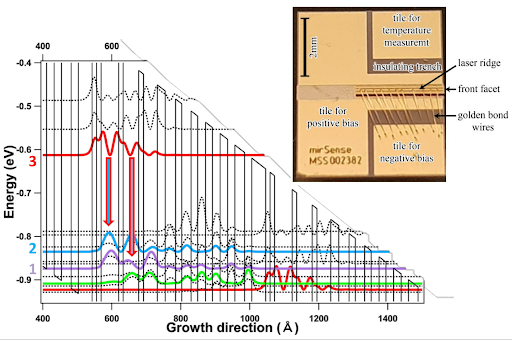PhD in Information, Communications and Electronics

The digital transformation of society nowadays relies on information technologies that are deeply nested with constantly evolving communications networks, at the heart of autonomous and embedded systems and of big data processing.
The achieved progress came as the result of knowledge brought by information and communications theory and of advances in the design, optimization and modeling techniques. This notably addresses digital architectures and hardware/software components, in the context of very high throughputs and of the paramount importance of reliability and security. Progress also rests on the performance rise in optical and RF technologies, as well as on the native networking of devices through a dynamic, flexible and reconfigurable organization. Finally, it extends today to the development and the use of artificial intelligence methods that are adapted to the targeted problems.
The domain « Information, communications, electronics » of IP Paris doctoral school has been established in this context, with an objective to build holistic connections between the various PhD thesis works. The latter are mostly application and technology oriented, although part of them address fundamental issues involved in the theoretical limits of information and communication systems and intend to inspire innovations of the future.
- Networks
- Information and Communications
- Electronics and Optoelectronics
- LTCI
- Samovar
- LIX
- U2IS
- Telecom Paris
- Telecom SudParis
- Ecole Polytechnique
- ENSTA Paris
Hybrid Routing to avoid data packets loss in optical networks, Artur Minakhmetov (Telecom Paris/LTCI)

Thanks to LTCI and Telecom Paris, my PhD work turned out to be cutting edge research in a truly international environment including the UK, the USA and others!
Mid-infrared quantum cascade laser for free-space communications, Olivier Spitz (Telecom Paris/LTCI)

I was very lucky and thrilled to pioneer the non-linear dynamics of quantum cascade mid-infrared lasers, which are very promising for next-generation free-space communications!













